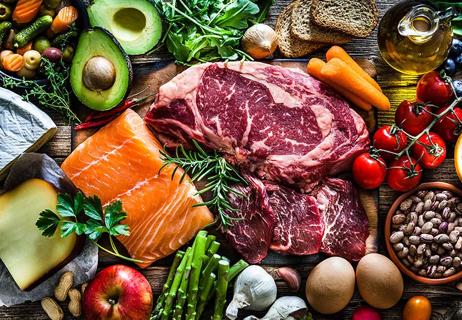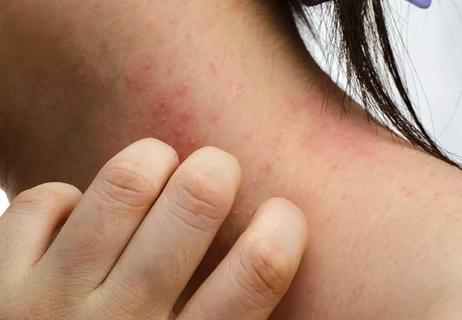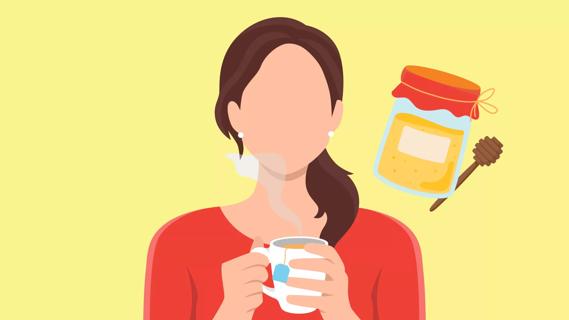
… how your bladder feels.If you spot a correlation — like bladder pain that comes on after drinking diet soda at lunch —remove that food from your diet.Does that help? If so, congratulations! Avoiding that …

… eating beans can reduce body fat.In another study, participants who ate beans on a calorie-reduced diet for six weeks lost more inches from their waist than those who followed the same calorie restriction …

… start to see patterns in your symptoms happen that helps us gather important information.”3. Try an elimination dietYou can work with your healthcare provider to start an elimination diet to help pinpoint the cause …

… re eating is making your eczema worse.One way to do that is to go on an elimination diet. An elimination diet is exactly what it sounds like: An experiment to see what happens if …
Advertisement
Cleveland Clinic is a non-profit academic medical center. Advertising on our site helps support our mission. We do not endorse non-Cleveland Clinic products or services. Policy

A tickle in your throat can be really annoying and uncomfortable. If only you could somehow reach the back of your throat and make. It. Stop.But you don’t have to live with that …

It can be a real pain in the gut to try and figure out what kinds of foods don’t sit well with your body. When you’re dealing with recurrent stomach pain, bloating or …

If you’re a card-carrying member of the migraine community, you know that the term “headache” doesn’t come close to describing migraine pain. When a migraine strikes, it can be a debilitating, MAKE …

Putting on a warm, clean sweatshirt straight out of the dryer is one of life’s small luxuries. But if you notice some not-so-satisfying symptoms like itchy skin, redness or even a rash …

Fiber is a vital part of a healthy, well-balanced diet. It helps keep your cholesterol and blood sugar in check, and it helps you feel fuller for longer. But in some cases, your healthcare …

Interested in cutting meat out of your diet, but not fish? Or are you considering going vegetarian but want some protein options beyond plants?Consider the pescatarian diet (sometimes spelled “pescetarian”), which avoids meat from …
Advertisement
Advertisement